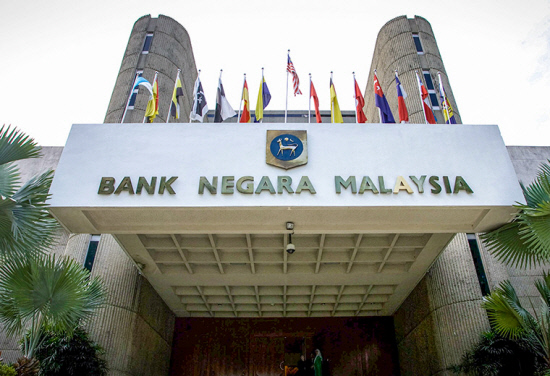U.S. Regulators Optimistic About Blockchain Amidst Concerns Over Cryptos

CFTC Chief Asserts DLT Wouldn’t Exist Without Bitcoin
February 8, 2018
Wells Fargo & Co (NYSE:WFC) Strategist Says Assessing Risk Plays Key Role In Determining Stock Market & Cryptocurrency Movement
February 9, 2018In a U.S. Senate hearing the chairman of U.S. Securities and Exchange Commission, Jay Clayton, and the chairman of Commodity Futures Trading Commission, J. Christopher Giancarlo, both expressed optimism regarding the future of blockchain or the distributed ledger technology. According to Giancarlo there existed many ways in which shipping, agriculture, social services, charities and financial institutions could benefit from the blockchain technology.
But for distributed ledger technology to continue evolving and developing Giancarlo argued that it needed to be accorded more freedom as this would present a conducive environment for experimentation. Giancarlo argued that what has brought the internet technology to the current level was the freedom the technology was given to flourish and the distributed ledger technology would be massively adopted if the same was accorded to it.
More regulatory oversight
However Giancarlo said that with regards to digital currencies there was need for more regulatory oversight in order to curb fraud and manipulation. At the same time Giancarlo warned against stifling virtual currencies by imposing regulations which only place bottlenecks as it was impossible to turn back the clock.
“As we saw with the development of the Internet, we cannot put the technology genie back in the bottle. Virtual currencies mark a paradigm shift in how we think about payments, traditional financial processes, and engaging in economic activity,” said Giancarlo in a written statement.
Initial Coin Offerings
While Clayton also acknowledged the many benefits of digital currencies he also pointed out that many challenges lay ahead. Clayton stated that legitimate investors deserved to be afforded the full protections of the law since there were bad actors such as fraudsters who were preying on the enthusiasm the new technology had brought.
The CFTC chairman also singled out initial coin offerings and actually commended the action taken recently by social media platforms to limit the promotion of virtual currencies and ICOs on their networks. A study conducted recently indicated that about 10% of all the proceeds from ICOs have ended up in the hands of hackers and fraudsters.
Following a question posed by Senator Elizabeth Warren, Democrat of Massachusetts, on how ICOs could be made safer, Clayton said that many of the offerings were violating existing laws. He promised that the SEC would be conducting further investigations.




